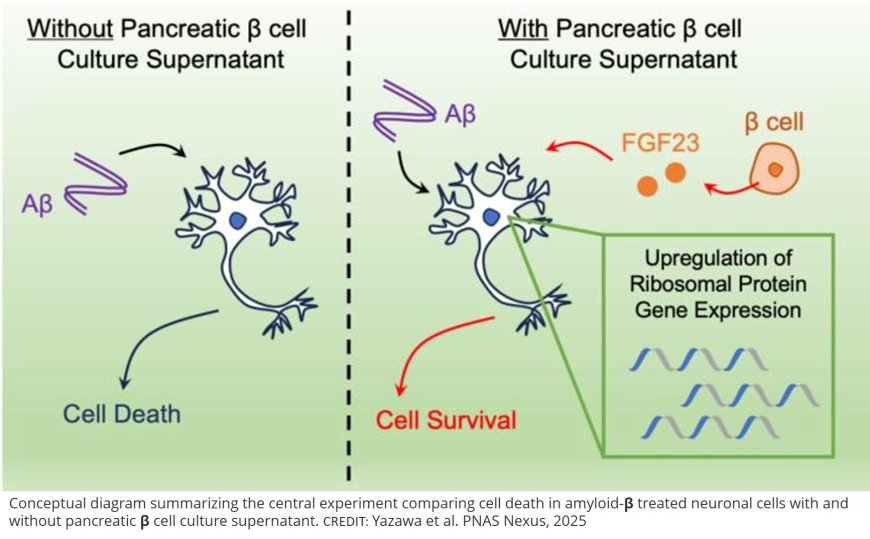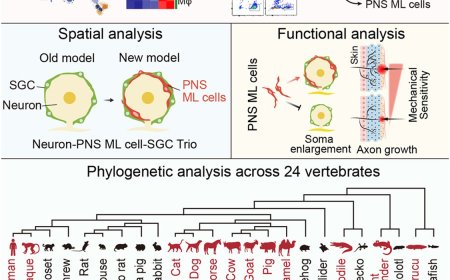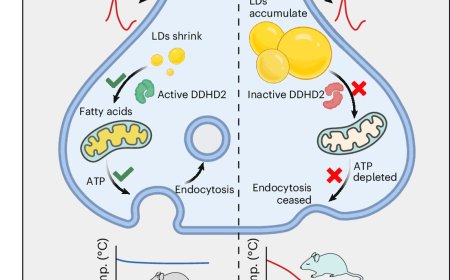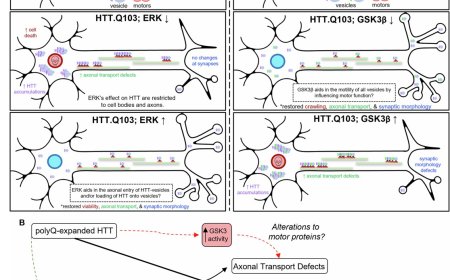Pancreas cells secrete neuroprotective factor

Pancreas cells may produce a protein that can protect the brain from Alzheimer's disease.
In individuals with Alzheimer's disease, a peptide known as amyloid-β accumulates and forms tangled plaques.
People with diabetes have a higher probability of developing Alzheimer's disease, raising the possibility of a link between the cells that are disordered in diabetes—pancreatic β cells—and the onset of Alzheimer's disease. However, insulin supplementation may not halt the development of Alzheimer's disease.
The authors hypothesized the existence of a neuroprotective agent secreted by pancreatic β cells, distinct from insulin, that could mitigate the onset of Alzheimer's disease. The authors cultured mouse pancreatic β cells, then exposed neuronal cells treated with amyloid-β to liquid from the pancreatic β cells. The liquid effectively stopped amyloid-β-induced neuronal cell death.
The neuroprotective factor at work is thought to be Fibroblast Growth Factor 23 (FGF23), an endocrine protein. Treating neuronal cells subjected to amyloid-β with FGF23 alone significantly reduced cell death from amyloid-β toxicity.
According to the authors, FGF23 may increase ribosomal proteins, helping to maintain the homeostasis of ribosomal components in neurons.
https://academic.oup.com/pnasnexus/article/4/1/pgae542/7960039













